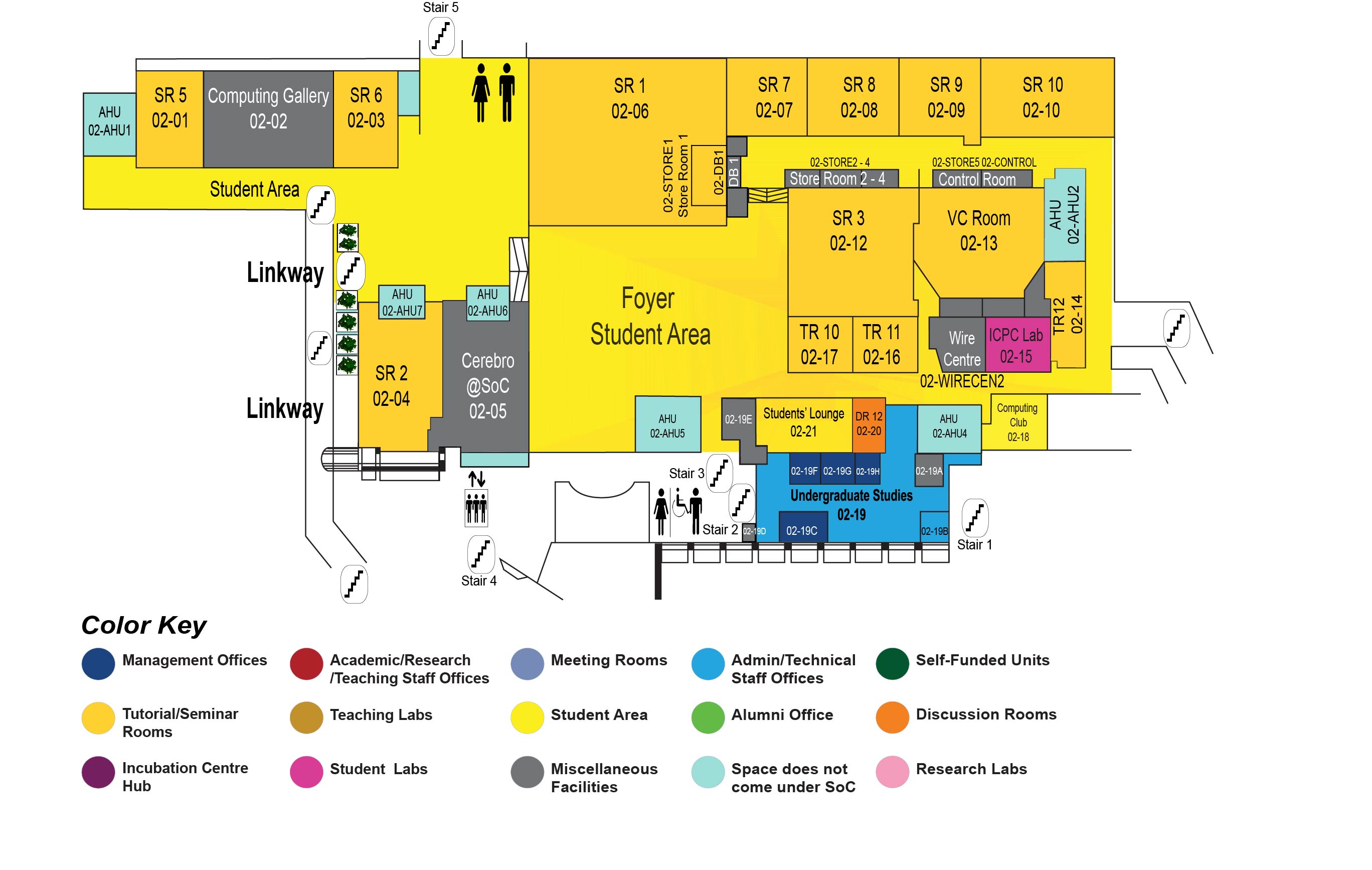Power Papers: Some Practical Pointers (Part 1)
COM1 Level 2
SR1, COM1-02-06

Important Note:
The seminar consists of two parts:
- Part 1: 25 September 2025
- Part 2: 1 October 2025
(Both sessions will be held from 2pm to 3.15pm at SR1, COM1-02-06)
Abstract
If I write with the flowery flourish of Shakespeare, but my prose proves problematic, then my words become like a noisy gong or a clanging cymbal. If I have the gift of mathematical genius and can fathom all theorems, but cannot articulate the arcane, my genius appears no different from madness. If I achieve breakthrough research that can change the world, but cannot explain its significance, the world gains nothing and I labor in vain.
Writing a good research paper takes effort; more so if there is a page limit. Yet this skill is required of every researcher, who, more often than not, fumbles his or her way through. Good grammar is only a start; care and craft must be applied to turn a mediocre paper into a memorable one. Writing skills can indeed be honed.
In this reprise talk, I will highlight the common mistakes many researchers make, and offer practical pointers to pack more punch into your paper. Needless to say, the talk will be biased: I will speak not from linguistic theories, but from personal experience, sharing what has, and has not, worked for me.
The intended audience is the graduate student writing his/her first paper, but all are welcome. Seasoned writers are encouraged to share their experience of how they improved their writing.
Biodata:
Dr. Terence Sim is an Associate Professor at the School of Computing, National University of Singapore (NUS). He is also Vice Dean for the NUS Office of Admissions. Over 2 decades, Dr. Sim has conducted research in Biometrics, Computer Vision, Computational Photography, and Privacy in Images. He served as Second Vice President in the International Association for Pattern Recognition from 2020 to 2022. He is also active in the IEEE Biometrics Council, where for the past two years he chaired the Selection Working Group for the annual awards given by the Council. Dr. Sim obtained his PhD from Carnegie Mellon University in 2002, his MSc from Stanford University in 1991, and his SB from the Massachusetts Institute of Technology in 1990.

